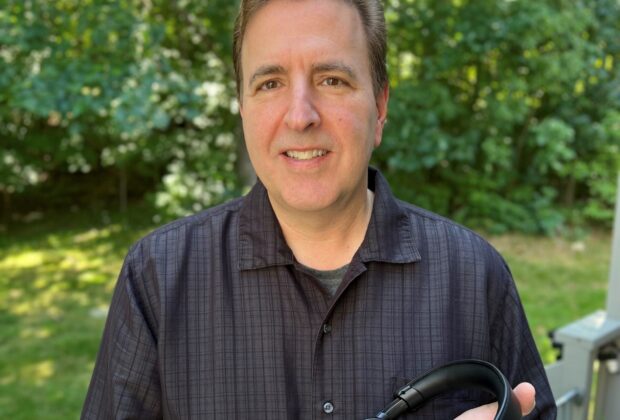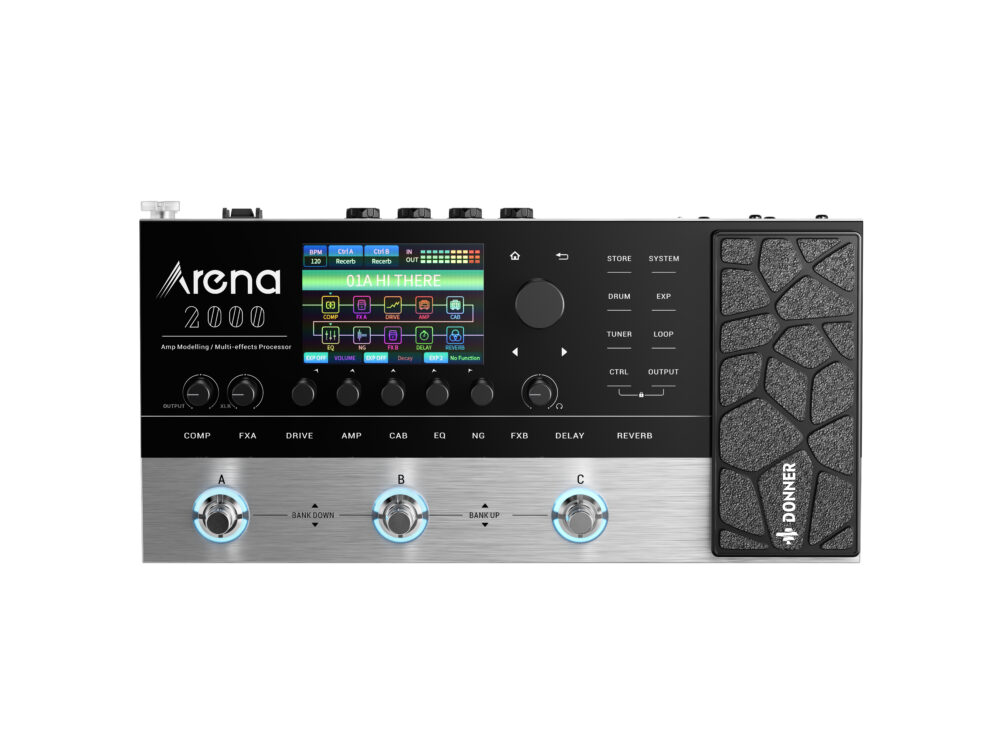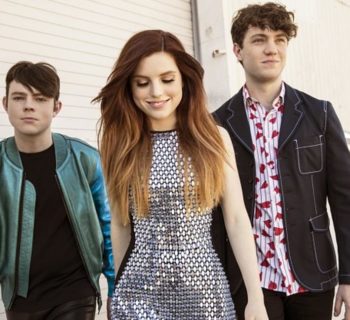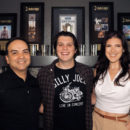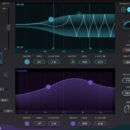Peter Moshay is a Grammy Award winning producer, mixer and engineer for studio and live recordings and is known for his work supporting Hall & Oates, Live from Daryl’s House and acts including Journey, The Cars, Barry Manilow, Kenny Loggins and Quiet Riot, among others. With a personal and familial history in music and lifelong roots in the industry, he parlayed his passion for audio and recording into a successful professional career amplifying, enriching and replicating the sonic intent of some of the most influential artists in the world.
Moshay is an enduring Sony fan and an avid user of the company’s legacy DMX-R100 digital audio mixer console, the original MDR-V6 studio monitor headphones and the MDR-7520, which are his primary mixing headphones for Live from Daryl’s House. He trusts the quality and durability associated with the Sony name which is why he was excited to incorporate Sony’s latest immersive mixing headphones, the MDR-MV1, into his process.
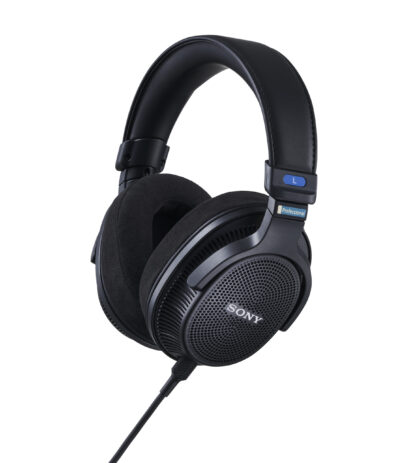
Moshay recently began using Sony Electronics’ new MDR-MV1 reference monitor headphones designed with an open back structure, which enables rich and accurate reproduction of a wide sound field, reduces internally reflected sounds and eliminates acoustic resonances. Upon first wear, he appreciated the thought that went into the engineering, build quality, and design of the new model. “I can tell the intention of every detail that went into making these the second I put them on. Every nuance of it, I know was painstakingly made and nobody appreciates that more than me. This model is designed for the fanatics of sound,” he said.
As Moshay goes through the Hall & Oates demos and cassettes and works to transfer them over to digital, the MDR-MV1s have been a helpful and enlightening companion. He explained, “I’ve been using the MV1 headphones for hours and hours listening to Hall & Oates’ work. It’s material I’m really familiar with but when listening with these new headphones, I heard so much more detail in one particular recording. That detail is very easy to hear and pick out. The balance is perfect. The impedance is low so the amount of detail that’s up front is undeniable – even when plugged into a mobile device. It’s amazing to listen to something you’re so familiar with and hear more detail. When you’re listening on something really great, you hear so much more.
In fact, Moshay was able to re-experience material he was deeply familiar with, in a new way. He described, “I must have listened to this one recording at least 100 times and I heard an edit that was so obvious now with the MV1s. And what’s interesting is that I hear this level of detail while listening fairly low, about 85 dBs, which is a game-changer. With other headphones, you have to crank it up to hear that kind of detail. Having a nice low impedance that still has all of the detail, without the distortion, hasn’t been done before.”
With regard to the localization and immersion that the audio in the MV1s provides, Moshay stated “I put these on, and the sound stage is right there. It’s revealing, in a flattering way.”
The comfort of these purposefully designed headphones was another element Moshay picked up on. He said, “I can tell a lot of attention went into the headphones and comfort is of the utmost importance when you’re wearing something for extended periods of time. The headphones are so light, and the pads are soft – they’re like whipped cream.”
With regard to the acoustic structure, Moshay commented, “They’re closed enough so that you don’t feel isolated but yet they’re an open back model. I feel like I’m still part of my environment even though I’ve got everything so detailed and close to me when I’m hearing it.”
Traditionally, open back headphones can be a challenge for mixing, but Moshay agrees the MV1s are up to the task. “They are unlike any other open back headphones I’ve tried in the past. I can still understand and judge what is going on in the low and ultra-low end, something I haven’t been able to get just right on other open back models.”
Tracking instruments was another area in which the MV1s excelled. “The headphones are great for tracking. It’s a little noisy in our club [Daryl’s House] and some of the shows are loud, and while the open back does let a little bit of extra noise in, you can still track with no issues.”
Moshay also noted the MV1’s flexibility. He explained, “Because the impedance is low, no matter what you plug the MV1s into, you’ve got plenty of volume on it immediately, without needing a huge amp to power them.” This comes in handy when he uses his favored DMX-R100 mixing console.
As Moshay puts it, “Live recording is a big part of what I do. The thing about capturing a live concert is that you get one shot at it. You can’t go back, so a lot of work is done in the prep of everything to make sure you get it right.” Having the best tools for the job, like Sony’s MDR-MV1s helps him get one step closer to perfection.

